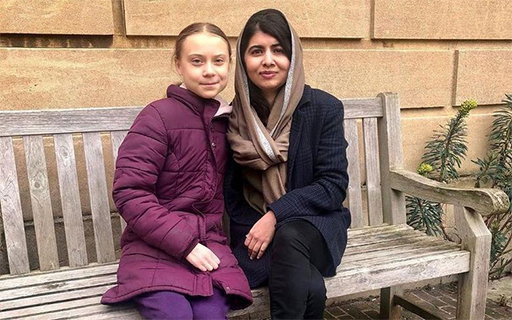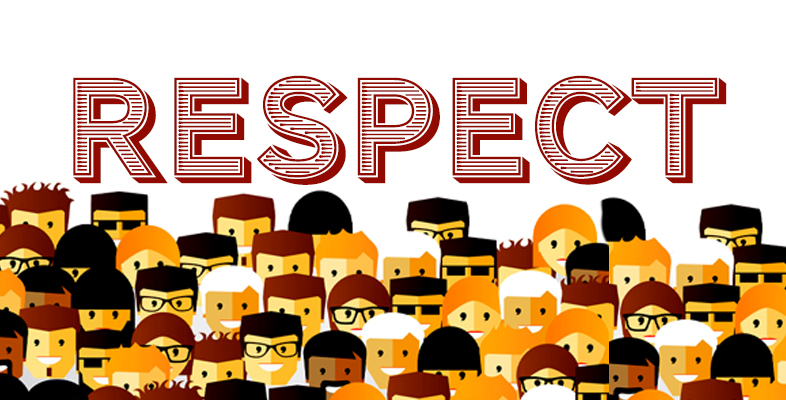4 Making a difference: why is research important?

Many people aim for their research to make an impact and some degree of difference to the world, whether imagining they can offer a big or small benefit. Some research arises from a desire to explore another angle on a social justice issue or a desire to find a new way of doing something. Research often needs courage as well as curiosity.
Now you will turn to some researchers discussing their work.
Activity 6 Researchers introduce their research studies with youth workers and teachers
Part A
As you listen to two contemporary researchers from The Open University, think about the prompts below and then complete the following grid.
Think about:
- what are they researching?
- why have they chosen to research their topic?
- what is the context for their research?
- what is their position towards the research – insider or outsider (or both)?
- why do they consider their research to be important and beneficial?
Transcript: Action research: Kate Breeze
Transcript: Action research: Teresa Cremin
While you listen to the interviews, make notes in the relevant column in the grid below, leaving the last row blank until you have listened to both audios and moved on to Part B.
| Kate’s doctoral research with youth workers | Teresa’s research about teachers as writers | |
Positionality? |
||
What? |
||
Why? |
||
For whom? |
||
A key issue you can imagine |
Part B
After you have listened to both interviews, imagine a key ethical issue for each, which might arise for the researchers due to their positionality in relation to their chosen research context of the selected topic. Complete the last row of the table. Then reveal the table in the discussion below to see some suggested issues you might have identified.
Discussion
| Kate’s doctoral research with youth workers | Teresa’s research about teachers as writers | |
|---|---|---|
| Positionality? | Insider as a former youth worker but outsider as commissioned to work with centres hadn’t previously worked with | Outsider as a university academic – but she had originally been an English teacher |
| What? | To critically examine youth workers’ experiences of supporting children and families in outdoor education centres | To examine whether by supporting teachers with their writing it impacts on their practice |
| Why? | Under-researched and a new opportunity to learn how to use outdoor centres effectively with different groups | Teachers of English are not prepared well as English graduates in terms of their writing and that this is likely to lead to a lack of confidence and expertise in their teaching of writing in English |
| For whom? | Policy-makers; leaders of the centres, to improve their practice; youth workers, to help them be critical about how to use the centres as part of their work | Ultimately for the students of the teachers being worked with during the project; the Critical Writing foundation, to learn from the feedback generated on how to develop their courses |
| A key issue you can imagine |
|
|
You will learn more about the way these questions led the researchers to make ethical decisions about research design, data collection, analysis and reporting if you decide to register for one of The Open University’s Masters qualifications in Education or Childhood and Youth.
